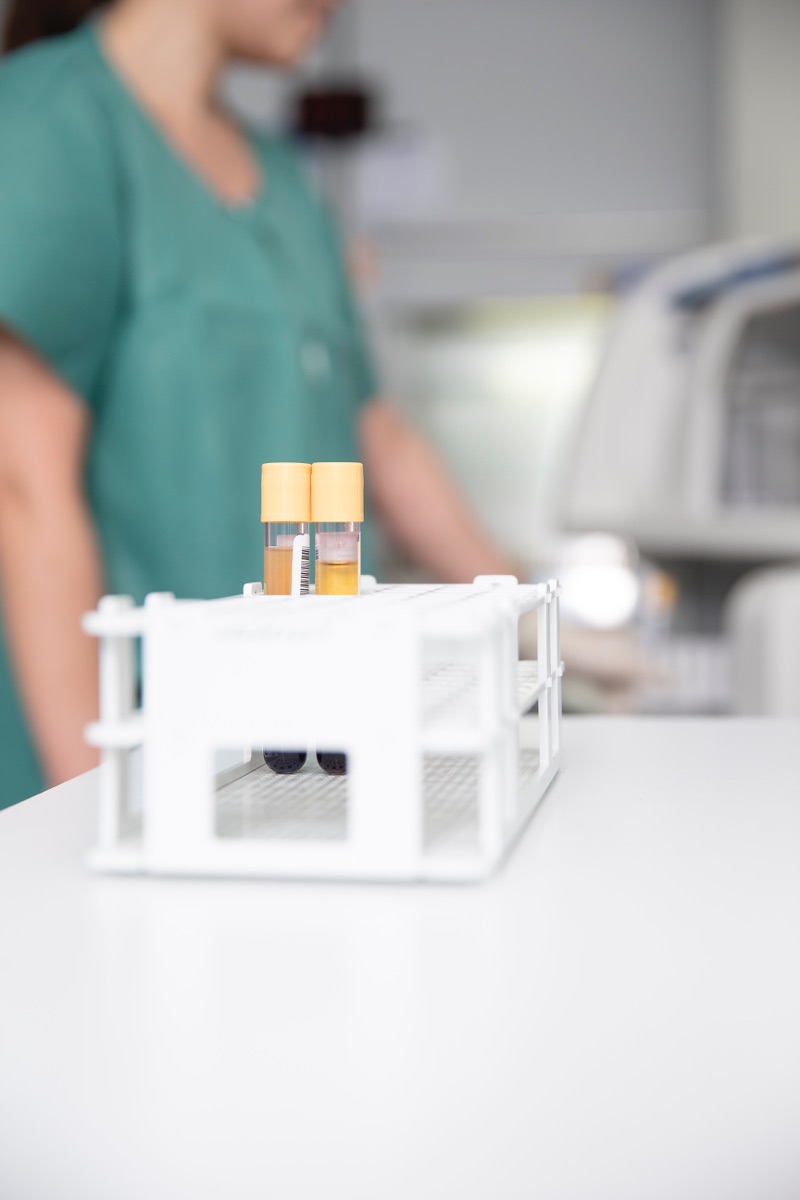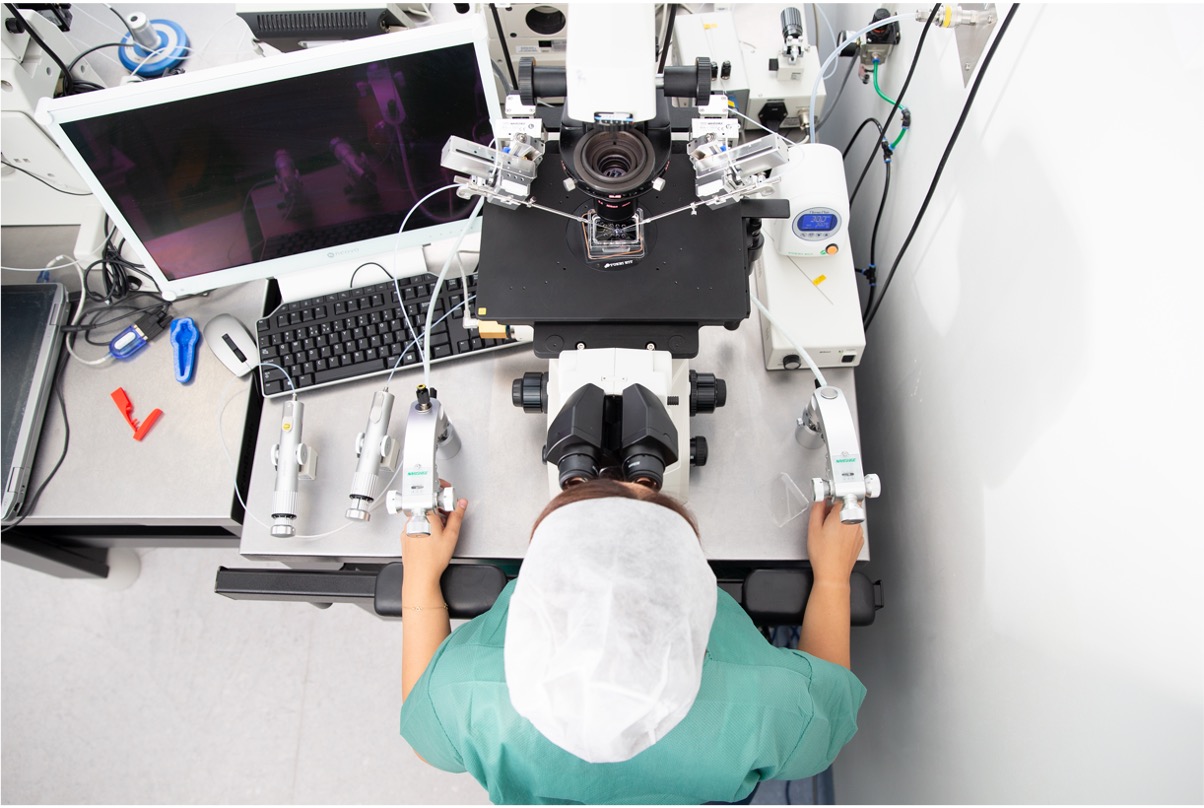What is Genetic counselling?
Genetic counselling involves a consultation with a genetic counsellor that aims to help individuals, couples and families understand the medical, familial, psychological, and reproductive implications of a genetic condition.
What is a Genetic Counsellor?
The genetic counsellor works with doctors, including fertility specialists, and other members of the healthcare team to help patients and their families get the care that’s right for their individual situation. Genetic counsellors help patients understand what their family history means to them, decide what genetic tests to have, and understand how to use the genetic test results to make the best treatment choices. This is especially helpful today as fertility treatment becomes more personalised and more treatment options, such as pre-implantation genetic diagnosis (PGD) and pre-implantation genetic screening (PGS), become more readily available and can be tailored to a patient’s particular needs.
Genetic counsellors also work with the genetic laboratories and help the fertility specialist select the most appropriate test, determine the likelihood that the test will be useful, discuss the test’s limitations and help ensure the results are understood.
Should I see a genetic counsellor?
Some of the reasons a couple or individual may see a genetic counsellor includes:
1.Pre-conception screening:
If you are planning a pregnancy, genetic testing can assist to identify whether you are at an increased risk of having a child with a chronic illness or disability. Often, people don’t know they are carriers of a genetic disorder until they have an affected child. By using preconception screening you can determine whether you are a carrier and consider your reproductive options before trying to conceive.
Pre-conception screening is an important step when donor gametes will be used in a treatment cycle to identify potential genetic health risks.
2.Known genetic condition in the family:
If you have a family history of a genetic condition, the genetic counsellor can discuss the implications of this for you. Genetic testing may be available to clarify your risk of having inherited the condition or your risk of passing it onto your child.
3.Cancer family history assessment:
In approximately 5% of cases, an inherited gene fault may predispose an individual to certain types of cancer. Genetic counsellors can assist you understanding your risk, and the advantages, disadvantages and limitations of genetic testing.
4.Prenatal testing support:
Testing during pregnancy, such as the nuchal translucency, chorionic villus sampling (CVS) or amniocentesis can sometimes give unexpected results that can leave you feeling anxious and confused. Genetic counsellors can discuss your test results in greater detail and help you understand your results.
Westmead Fertility Centre patients have a genetic counsellor available throughout treatment. Talk to you fertility specialist to determine if this could be useful for your individual circumstance.
All content should be considered as opinion only. Always seek the direct advice of your doctor in connection with any questions or issues you may have.




